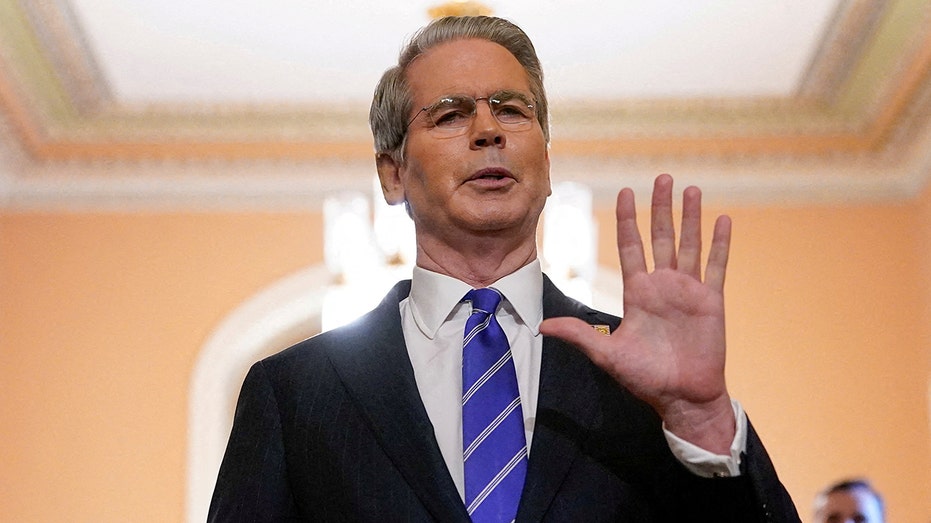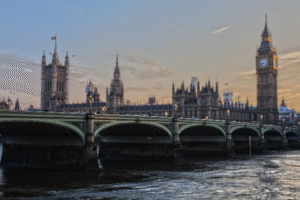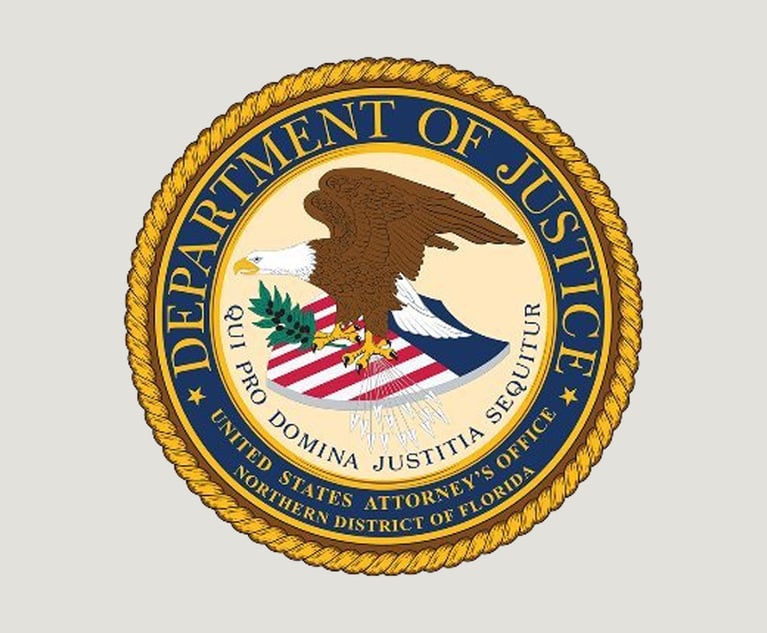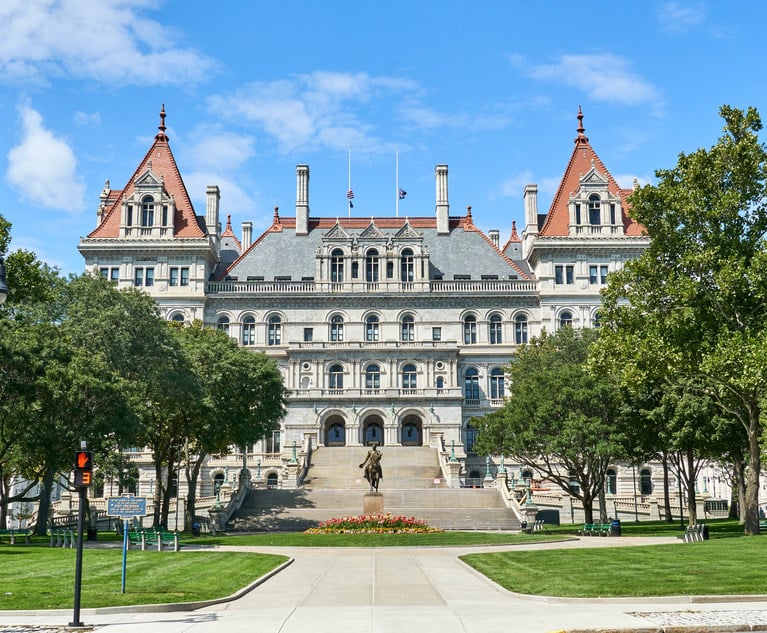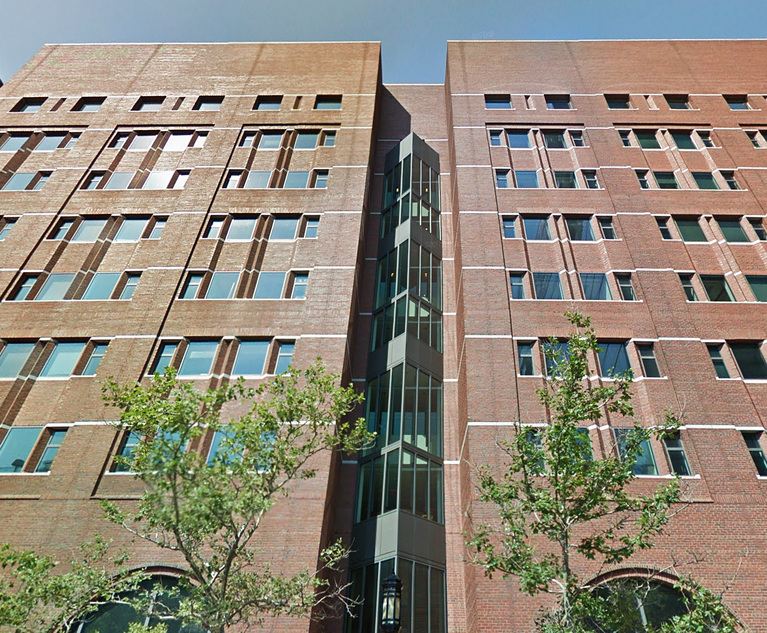On May 9, 2024, a 6-3 majority of the U.S. Supreme Court resolved a question that has generated conflicting results in the Courts of Appeal for years, but as a forceful dissent pointed out, the court left open a more fundamental issue that could render the entire question moot. The issue in Warner Chappell Music v. Nealy, No. 22-1078, 601 U.S. ___ (2024) involved the calculation of damages in copyright actions where at least some of the infringing conduct dates back more than three years before the commencement of the action.
Under §507(b) of the Copyright Act, an infringement claim is timely only if it is commenced within three years after the claim “accrue[s].” Eleven of the 13 circuits have interpreted this language to permit claims to be deemed timely if they are filed within three years after the plaintiff discovered, or reasonably should have discovered, the infringement of its rights. This judicially created “discovery rule” has never been addressed by the Supreme Court.

